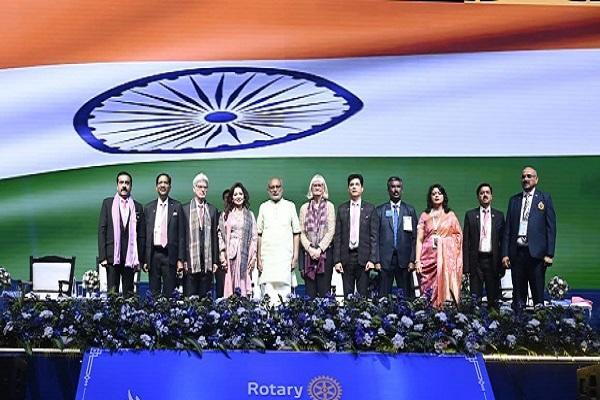
AI, Creators & Tier-2 Cities Power India’s Startup Growth
India’s startup ecosystem has been growing at an unprecedented pace in recent years, with new ventures emerging across various sectors. A recent report by Meta-A&M highlights the key trends driving this growth, with Artificial Intelligence (AI), omnichannel models, expansion to Tier-2 and Tier-3 cities, and creator-driven branding emerging as the key pillars of India’s startup success story.
According to the report, a whopping 70% of Indian startups use AI to drive innovation, making them one of the most AI-adopting markets in the world. This is not surprising, given the potential of AI to streamline operations, enhance customer experiences, and identify new revenue streams. In fact, AI-powered startups are already disrupting traditional industries such as healthcare, finance, and education, and are expected to continue playing a crucial role in shaping India’s startup landscape.
Another trend that is changing the startup game is the adoption of omnichannel models. With the rise of digital platforms, startups are now recognizing the importance of providing seamless experiences across multiple channels, including social media, e-commerce websites, and mobile apps. According to the report, 67% of Indian startups have already adopted omnichannel strategies, allowing them to engage with customers more effectively and drive sales.
However, what sets India’s startup scene apart from others is its focus on Tier-2 and Tier-3 cities. While many startups often focus on metropolitan areas, a staggering 95% of Indian startups are targeting smaller cities, recognizing the immense potential of these markets. This is particularly significant, given that Tier-2 and Tier-3 cities account for a significant chunk of India’s population and have a growing appetite for digital services.
The rise of creator-driven branding is another trend that is transforming the Indian startup landscape. With the proliferation of social media, influencers have become an essential part of any brand’s marketing strategy. According to the report, 88% of Indian startups partner with influencers early in their growth journey, recognizing the potential of these creators to build brand awareness and drive engagement.
So, what does this mean for startups looking to scale and succeed in India? Firstly, it’s essential to leverage AI-powered solutions to stay ahead of the competition and drive innovation. This could involve using AI to analyze customer data, predict behavior, and personalize experiences.
Secondly, startups need to focus on building omnichannel experiences that provide seamless interactions across multiple touchpoints. This could involve creating mobile apps, e-commerce websites, and social media profiles that work together to provide a cohesive brand experience.
Thirdly, startups should recognize the potential of Tier-2 and Tier-3 cities and tailor their strategies to meet the unique needs of these markets. This could involve partnering with local influencers, creating content that resonates with regional audiences, and leveraging digital platforms to reach a wider audience.
Finally, startups need to build strong relationships with creators and influencers, recognizing the potential of these partners to build brand awareness and drive engagement. This could involve partnering with creators early in the growth journey, sharing content, and co-creating marketing campaigns that resonate with target audiences.
In conclusion, India’s startup scene is undergoing a significant transformation, driven by the adoption of AI, omnichannel models, expansion to Tier-2 and Tier-3 cities, and creator-driven branding. By recognizing these trends and adapting their strategies accordingly, startups can position themselves for success and drive growth in this rapidly evolving market.






